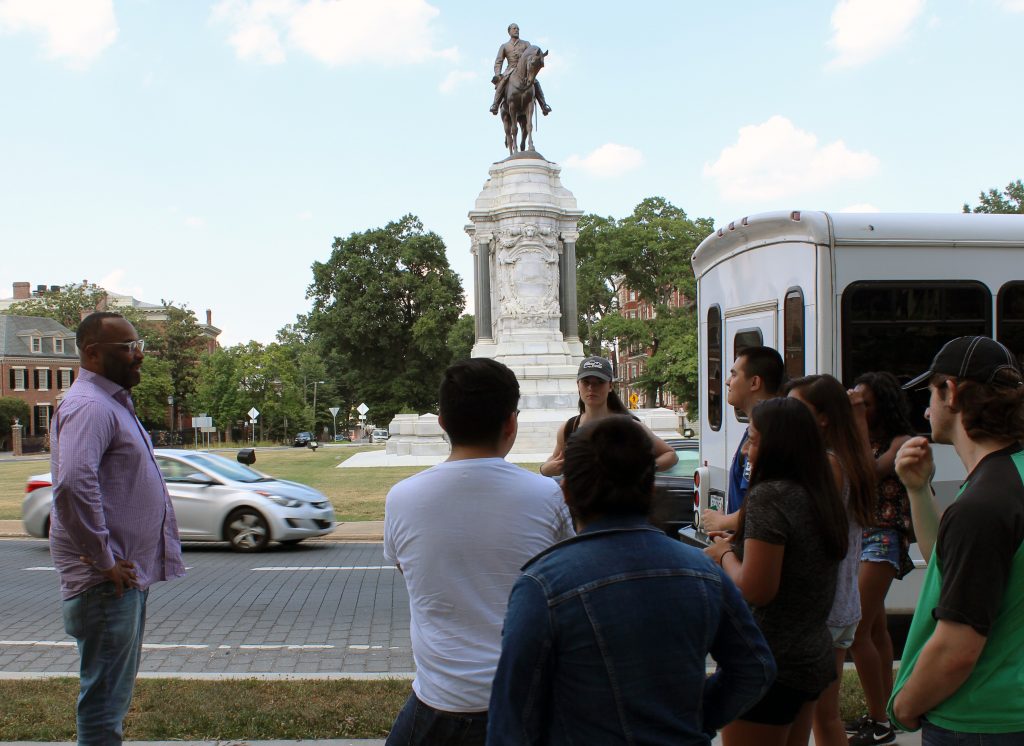In a wonderfully articulated opinion piece, Stefanie Haeffele-Balch and Virgil Henry Storr expounded on how Adam Smith’s Theory of Moral Sentiments described a system of ethics in which discourse leads to moderation. Smith’s idea is that discussion facilitates the imagination: one is more likely to imagine how the other regards oneself in the event that one has had a real conversation with another person. Imagination is—for Smith—key to leadership.
Events of the last year on college campuses and especially those in Charlottesville, Virginia, seem to belie such optimism. Was Adam Smith incorrect? Are we kidding ourselves if we think that it is possible to gain a certain tolerance through discussion?

We often look to the national stage for exemplars of leaders, good or bad. But we also need leaders on college campuses and in communities where difficult discussions must now happen. We need to have a discussion about what is acceptable and what is not, prior to the discourses at hand. We cannot discuss monuments—or any difficult topic—without first agreeing on the rules of discussion. Most importantly, we need leadership to reorient the discussion towards what is acceptable.

At the Jepson School of Leadership Studies, we work hard to maintain rules of discourse, including civility and openness, in the face of disagreement. While we sometimes fail to agree on how best to lead or specific policy recommendations, we continue to agree—for the most part—on what constitutes an acceptable discussion, and what does not. That continued commitment allows us to move forward.
